About Us
Advertise With Us
RSS Feed | Content Syndication
Terms & Conditions
Privacy Policy
Contact Us
BollywoodShaadis.com © 2026, Red Hot Web Gems (I) Pvt Ltd, All Rights Reserved.
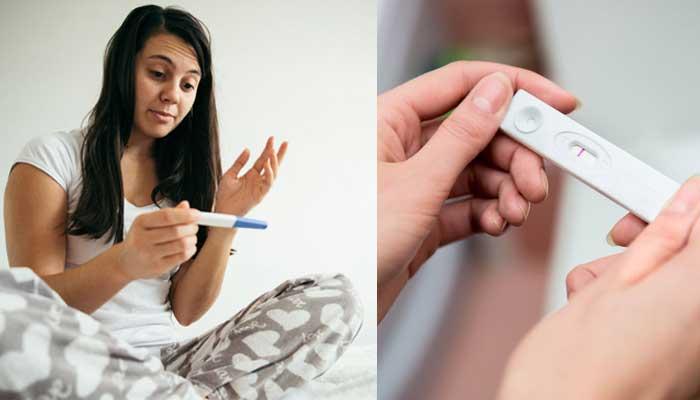
There are two days which every girl/women look forward to – 1. The day they get married to the love of their life. 2. The day they bring their most treasured soul into this world. The joy of giving life to a teeny-tiny human being is one of the most exhilarating and liberating moments in a women’s life.
Recommended Read: How To Increase Chances Of Getting Pregnant Naturally? Here Are 15 Best Ways!
However, for many, this dream does not come true as easily as it does for some others. With today’s lifestyle, hectic schedule and other economical/biological factors; many women find it difficult to conceive as easily as they’d hoped they would. Let’s take a look at 20 hindrances which are acting as a roadblock in your way of conceiving.
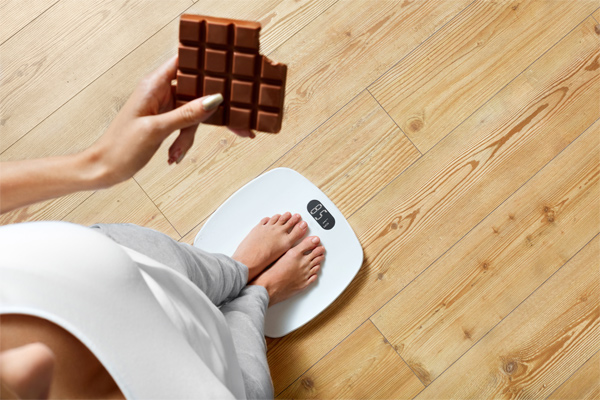
A woman’s weight is one of the most common causes of blocking pregnancy/conceiving. Whether you are under-weight or over-weight, both have an adverse effect on your conceiving potential. Being on the heavier or too lighter side of the scale poses threat to your fertility and menstrual cycle.
Indulge in regular fitness regime like walking or yoga. Also, try to stick to a healthy menu as much as possible. Leafy, green vegetables, seasonal fruits, nuts are a must-have for women who are trying to get pregnant.

Now you must wonder what does sleep have to do with conceiving, but there you go wrong. Lack of sleep affects your immune system and in many cases, it triggers stress. Stress, in turn, causes an irregular menstrual cycle. Lack of sleep makes your body exhausted and thus affects sperm count in men.
Continue reading below
Make sure you get a minimum of 8-10 hours of sound sleep daily.
Also Read: If You Are Not Losing Weight Then The Reason Might Be You Are Not Sleeping Enough

To accentuate their curves, many women prefer wearing latex/body shapers. However, for those of you who are trying to conceive wearing tight-fitting undergarments and body shapers are a strict no-no. They have a major impact on the reproductive organs and adversely affect them.
Wear comfortable, cotton undergarments to let the air pass through.

Now this one is self-explanatory. Stress levels, anxiety, depression target your fertility and menstrual cycle. In men too, stress is known as a major factor for lowering sperm count or poor sperm motility.
Live an anxiety-free, happy life. Practice meditation and yoga for inner peace.
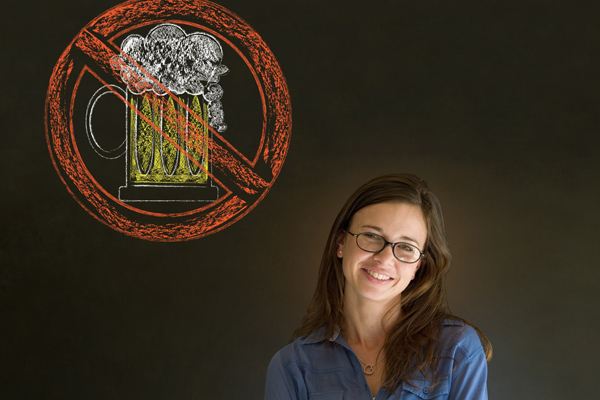
Sleeping very late at night, lethargy, consuming too much of junk food, alcoholism, drug abuse, too much of caffeine directly target your reproductive system. While in men these unhealthy lifestyle choices affect the sperm count, in women, these cause irregular menstrual cycle and ovulation.
Stop the consumption of alcohol, drugs, too much caffeine, junk food once you start planning for a baby.
Also Read: Unusual And Weird Cravings Expecting Mothers Might Have During Pregnancy

Now, this might seem out-of-the-context but environmental pollution is a major roadblock for many women and men who are trying to have a baby. Exposure to pesticides, smoke, passive smoking, carcinogens reduce your chances of getting pregnant.
Use organic products in the kitchen, garden and personal care. Also, cut down on smoking.

When you indulge in too much sex hoping to increase your chances of getting pregnant, you might find yourself completely exhausted and without any excitement when the actual fertility window opens. Those who have very little sex might not always get the ovulation time right and thus, have sex hoping that it is your ovulation phase might trick you.
Try to have sex frequently or every alternate day. Use an ovulation kit to detect your ovulation period and have more sex during that time.

Though many women prefer the use of vaginal lubricants, studies have shown that lubricants hamper the movement of the sperm within the cervix almost restricting it. It also comes in the way of your fertility.
Make sure you indulge in a lot of foreplay so that there’s no need to use lubricants at all.
Also Read: Body And Hormone Changes: The Emotional Challenges Of Pregnancy According To Trimester

Rushing to the loo right after the act to clean up is a strict no-no. This prevents the sperms from reaching the egg and whatever sperm is left inside of you is washed down by the water you spray.
Try to stay still for at least half-an-hour post sex to facilitate easy movement and flow of sperms into your cervix.

One of the biggest reasons for women finding it hard to conceive these days is PCOS. Known as the Polycystic Ovarian Syndrome, cysts are formed within the ovary which blocks the eggs from being released. Weight gain, excessive hair growth on other parts of the body, acne, pimple, mood swings and irregular periods are some of the symptoms of PCOS.
Opt for a healthier lifestyle and include seasonal fruits and veggies in your diet to achieve a healthy body.
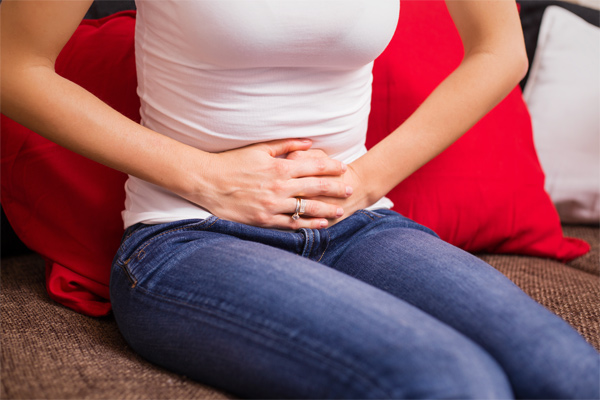
Irregular periods lead to inconsistency in ovulation and thus your chances of conceiving are lessened by a great margin. Weight gain, hormonal changes, non-active lifestyles could be the reasons behind irregular periods.
Use an ovulation kit to track your fertile period and have regular sex the days leading up to it.
Also Read: Menstrual Cramps: 9 Foods And Drinks That Will Help You Get Rid Of The Period Pain

Irregular ovulation does not allow the ovary to release mature eggs for the sperms to fertilize. Weight gain, hormonal changes, non-active lifestyles could be the reasons behind this too.
Use ovulation kits to track your fertile period. Visit a gynaecologist who would prescribe ovulation stimulators.

Damaged, blocked fallopian tube might also affect your chances of getting pregnant. They do not allow the eggs to reach the sperm and hold it within themselves. There are many TPT tests which are done to ascertain the root cause behind the issue and repair it.

Even though rare, this chronic reproductive disorder hinders pregnancy completely. In this disorder, the endometrial linings start forming outside the uterus instead of inside it and thus block the passage of egg and sperm for fertilisation. Even though symptoms vary, majorly the patients endure constant pain in pelvic region, painful sex, frequent urination, feeling of a full bladder at all times.
Visit your gynaecologist who might suggest a laparoscopic surgery.

As you age, the quality and quantity of eggs that are produced in a women’s body lessen up. The eggs start decreasing during the late 30s, and around 50s, completely stops.
Try conceiving during your fertile age. Also, include prenatal vitamins like folic acid, fish oils etc. once you plan to conceive.
Also Read: Pregnancy Risks After Age 30, From Low Fertility To Child Birth Complications
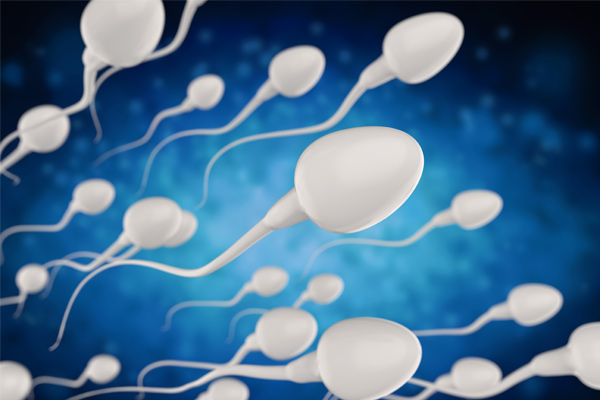
Poor quality or quantity of a man’s sperm can delay or stop you from getting pregnant. Alcohol, smoke, drugs, stress have a negative impact on the release and production of sperms in a man’s body.
Maintain a healthy lifestyle. Visit a doctor to get your sperm count tested before planning to conceive.

Cervical mucus facilitates the transportation and movement of sperm towards the eggs. In many cases of mucosal abnormality, cervical mucus does not allow the sperm to pass through or restricts it at one place, which leads to conception failure.
Visit a gynaecologist to get the cervical mucus examined.
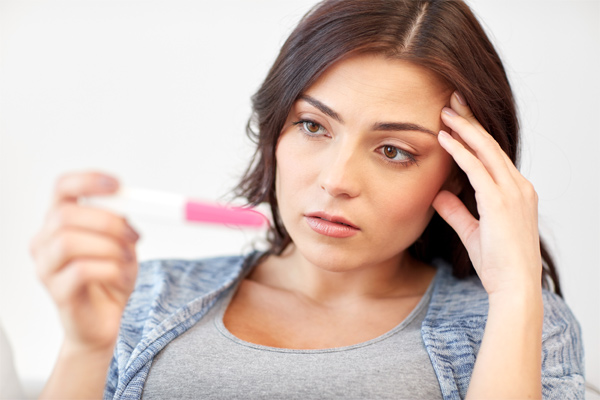
Once you have conceived, progesterone is produced in a female body to support the growth of embryo plantation. In absence of this progesterone, the embryo, the uterine walls and the placenta do not grow; thus causing fetal loss.
Your gynaecologist might ask you to undergo a surgery or might introduce you to vaginal injections or other assisted methods of reproductions.
Also Read: Is There A Right Biological Age For Women To Get Pregnant? Here's The Answer!
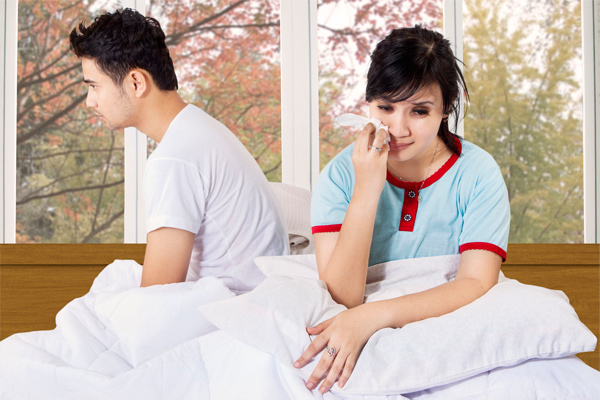
In many cases, even though everything comes out to be normal, couples face the problem of not being able to conceive.

When both male and female partners have some or the other sort of infertility/disorder which makes them unable to conceive.
This situation is commonly known as unexplained infertility. Unexplained infertility means that the medical tests are unable to identify the cause of infertility. And when both male and female partners have difficulty in conceiving due to some disorder, then it is called combination infertility.
Even if you follow a healthy lifestyle and you are regular on your periods, it doesn’t necessarily give you a clean go to conceive. In some cases when all the test results come normal and still the couple cannot conceive. Women above age 38 are more likely to experience this problem. In some cases, weight issues, stress, tension and also time play as the important factors as to how long you have been trying to conceive. Keep a positive attitude, maintain your healthy lifestyle and spend quality time with your partner to stay happy.
If you are trying for more than 6 months or a year without success, and your age is above 35, then you can be diagnosed as infertile. But apart from these, some other early signs of infertility are irregular menstrual cycles, light/heavy bleeding and cramps, partner fertility, miscarriage rate, chronic illnesses, history of STDs, smoking and alcohol habits, toxic chemicals at work.
Getting pregnant is one of the biggest moments of one’s life and hence you must never consider sex as a process/routine and in fact, must enjoy it thoroughly.
Next Read: Not Ready For Kids? Try Any Of These 9 Simple Ways To Avoid Getting Pregnant
advertisement
advertisement
advertisement
